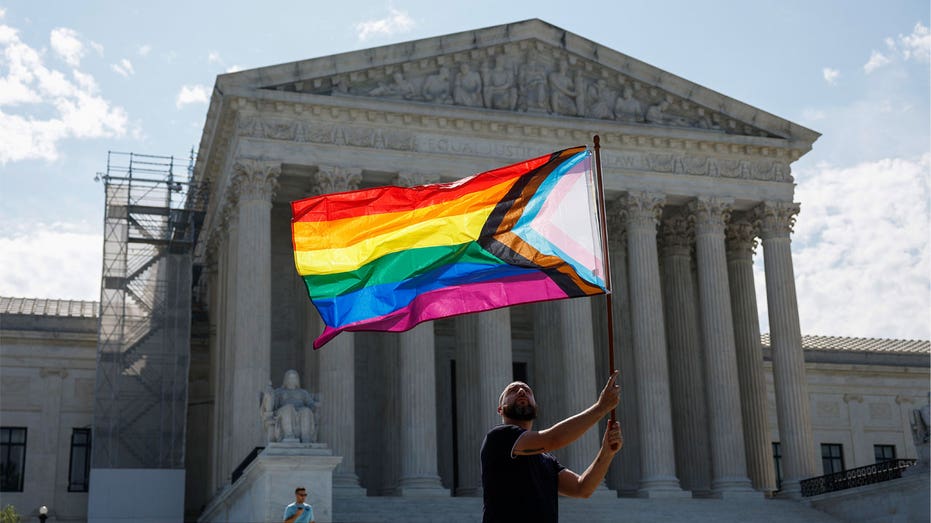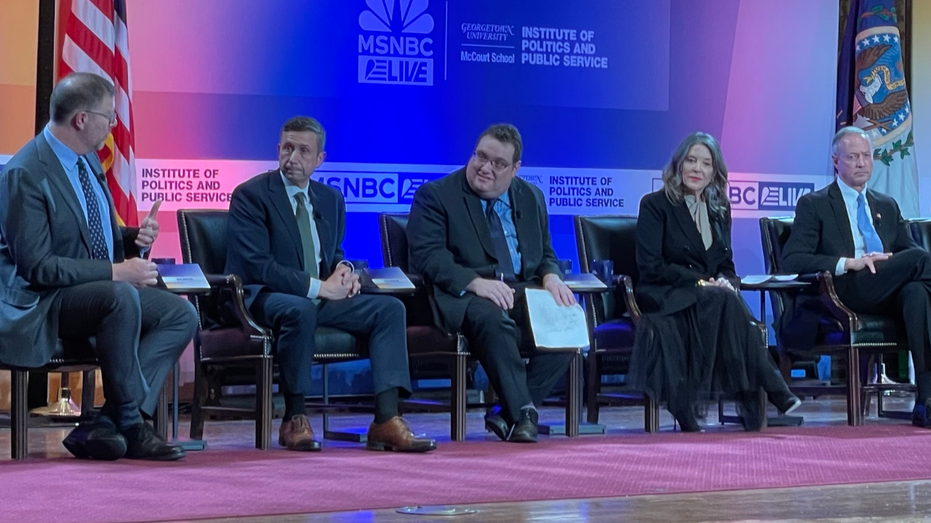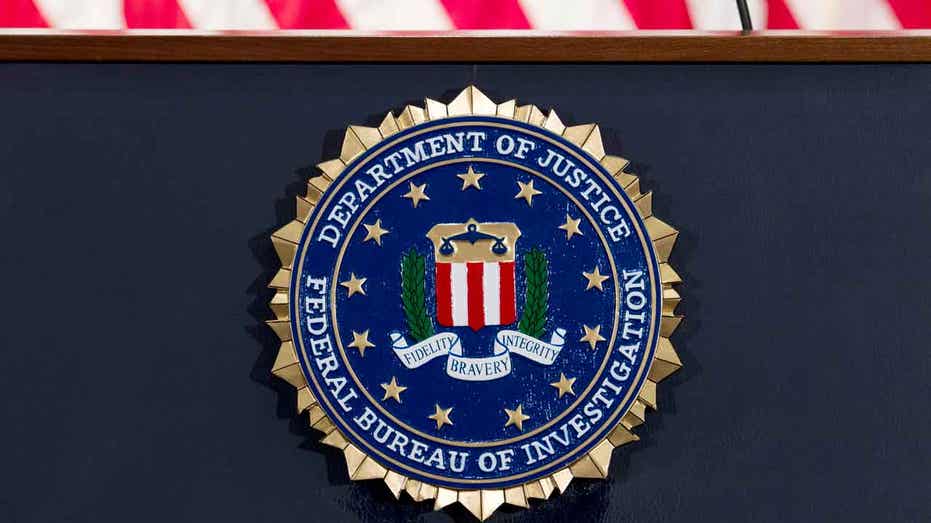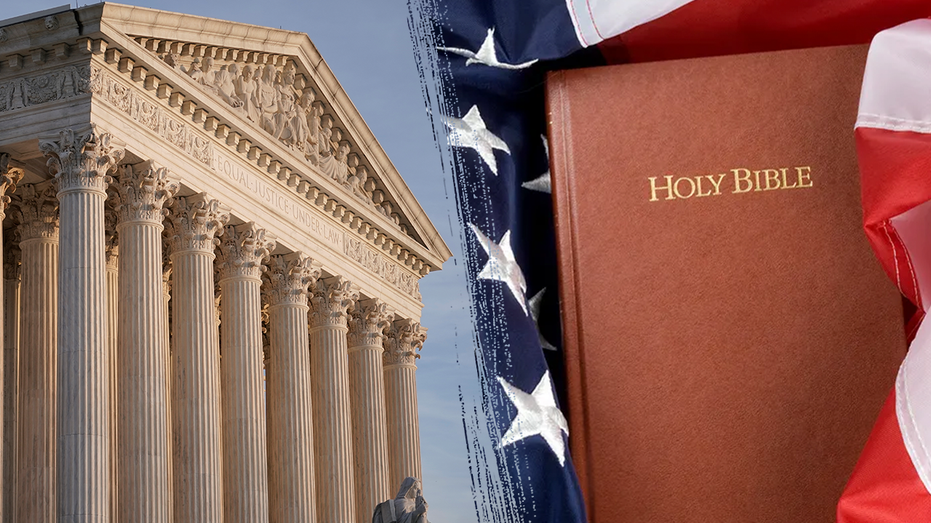The Supreme Court on Monday refused to hear a case challenging Washington state’s so-called gay “conversion therapy” ban on licensed therapists, keeping the law intact despite concerns it restricts freedom of speech.
Justices Samuel Alito, Clarence Thomas and Brett Kavanaugh publicly dissented from the denial, all saying they would have granted a review of the case. It takes four justices to agree to place a case on the docket.
The case was brought by Brian Tingley, a licensed counselor practicing in the state for more than 20 years. He challenged the state law, claiming it violates his First Amendment rights by dictating what he can discuss with patients in “talk therapy,” particularly those dealing with gender dysphoria and other related issues.
“Under SB 5722, licensed counselors cannot voice anything other than the state-approved opinion on minors with gender dysphoria without facing punishment,” Thomas wrote in his dissent.
“The Ninth Circuit set a troubling precedent by condoning this regime. Although the Court declines to take this particular case, I have no doubt that the issue it presents will come before the Court again. When it does, the Court should do what it should have done here: grant certiorari to consider what the First Amendment requires,” he said.
Lawyers at Alliance Defending Freedom (ADF), a nonprofit civil rights firm representing Tingley, had argued the high court should reverse a 9th Circuit ruling that upheld a district court’s decision to toss out Tingley’s challenge to the law. When that case was decided in the 9th Circuit, state Attorney General Bob Ferguson praised that court for upholding the state’s ban on “conversion therapy,” or efforts by therapists to get people to identify with the gender they were born with.
But ADF attorney John Bursch said in a statement that “the government can’t control a counselor’s speech. Washington’s counseling censorship law violates freedom of speech and harms counselors as well as clients.”.
“Brian has counseled all types of people for more than 20 years, and those conversations are private — certainly not open for the government to censor. The government has no business dictating what personal goals a client can pursue in counseling,” Bursch said.
ADF says the law threatens fines of $5,000 per violation, suspension from practice, and possible permanent revocation of a counselor’s license.
“There is little question that SB 5722 regulates speech and therefore implicates the First Amendment. True, counseling is a form of therapy, but it is conducted solely through speech,” Thomas wrote in his dissent.
REAGAN HISTORIAN LOOKS BACK AT HISTORIC O’CONNOR APPOINTMENT: ‘MOST QUALIFIED’
“’If speaking to clients is not speech, the world is truly upside down,’” Thomas said, quoting another free speech case, King v. Governor of New Jersey.
“’If there is any fixed star in our constitutional constellation, it is that no official, high or petty, can prescribe what shall be orthodox in politics, nationalism, religion, or other matters of opinion or force citizens to confess by word or act their faith therein,’” Thomas added, citing from another case, West Virginia Bd. of Ed. v. Barnette.
Latest Political News on Fox News Read More




